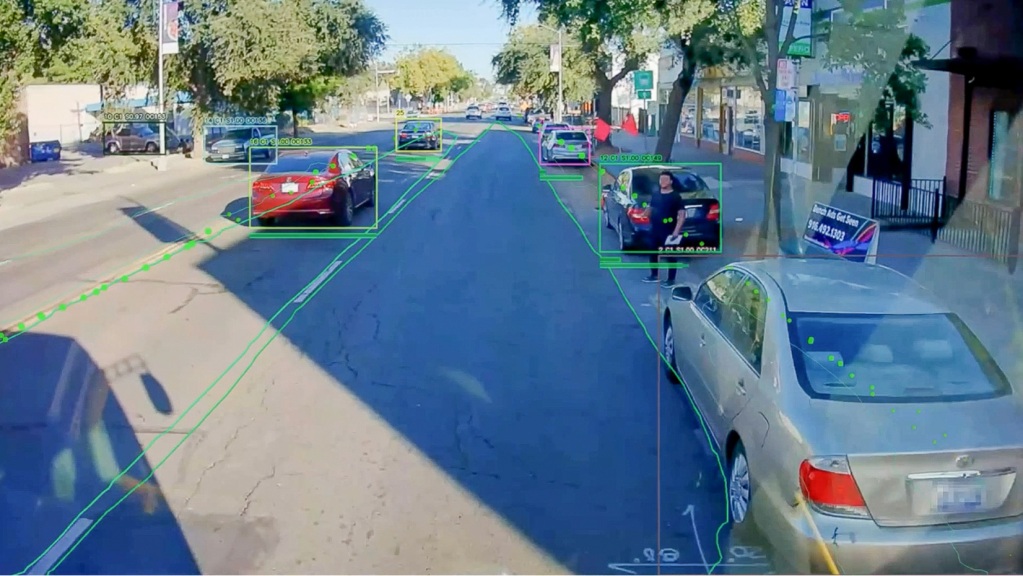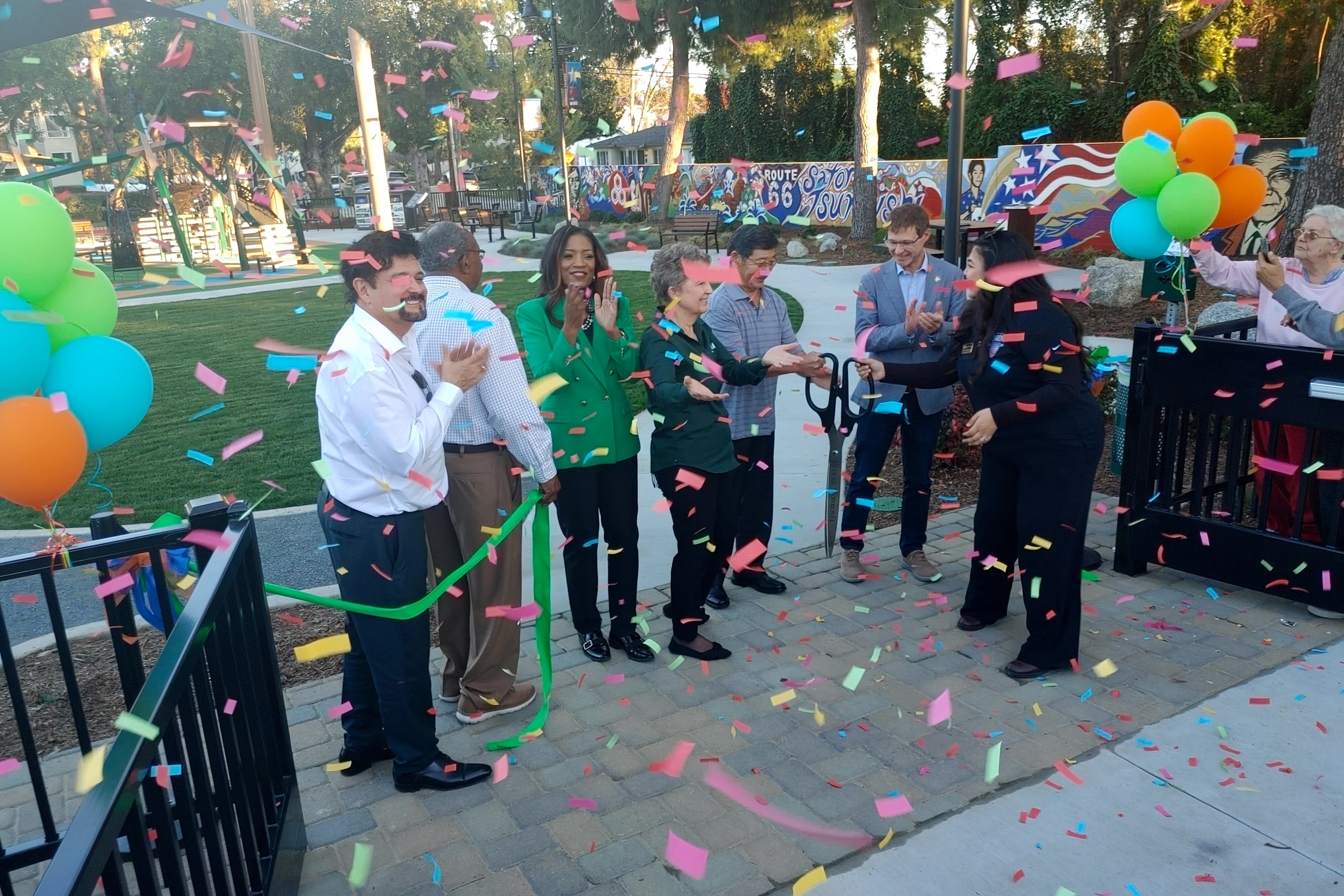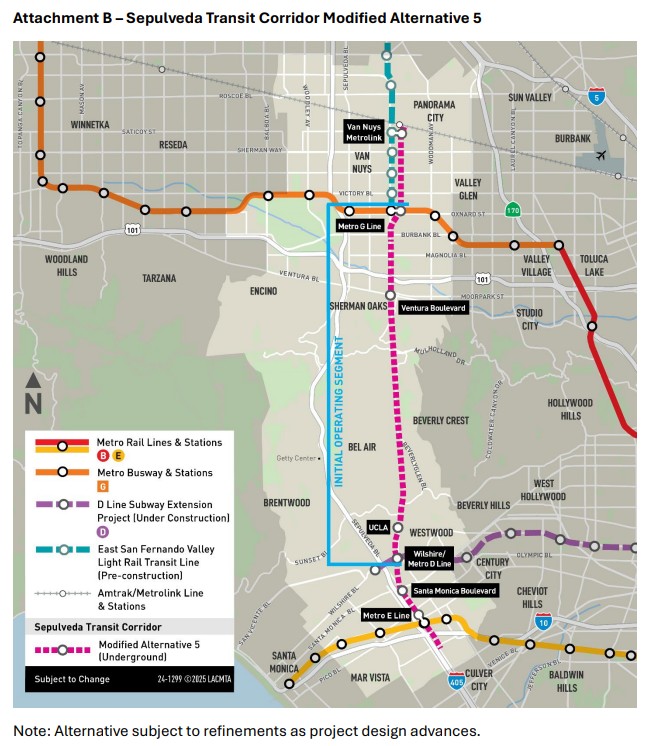It's the last thing you would expect to hear at the Detroit Auto Show from the CEO of Ford Motor Company. But last week, Ford's Alan Mulally showed some ambivalence about the role of cars in major cities.

“I think the most important thing is to look at the way the world is and where the world is going and to develop a plan,” Mulally said, according to the Financial Times. “We’re going to see more and more larger cities. Personal mobility is going to be of really ever-increasing importance to livable lifestyles in big cities.”
Mulally said Ford has been trying to adapt to changing consumer preferences since the Great Recession. Americans have been trading giant SUVs for smaller cars. Young people have been purchasing fewer cars altogether, a phenomenon Mulally said might be reversed by cheaper cars.
But he also said he wasn't sure what role Ford would play in the future of transportation in big cities. According to the Financial Times, Mulally said that adding more cars in urban environments is “not going to work” and that he was interested in developments in "personal mobility" and "quality of life." Then he seemed to indicate Ford is interested in getting into transit, car sharing, or other models that don't align with private car ownership.
“Maybe [our focus] will be on components; maybe it’ll be on pieces of the equipment,” Mulally said. “I don’t know.”






